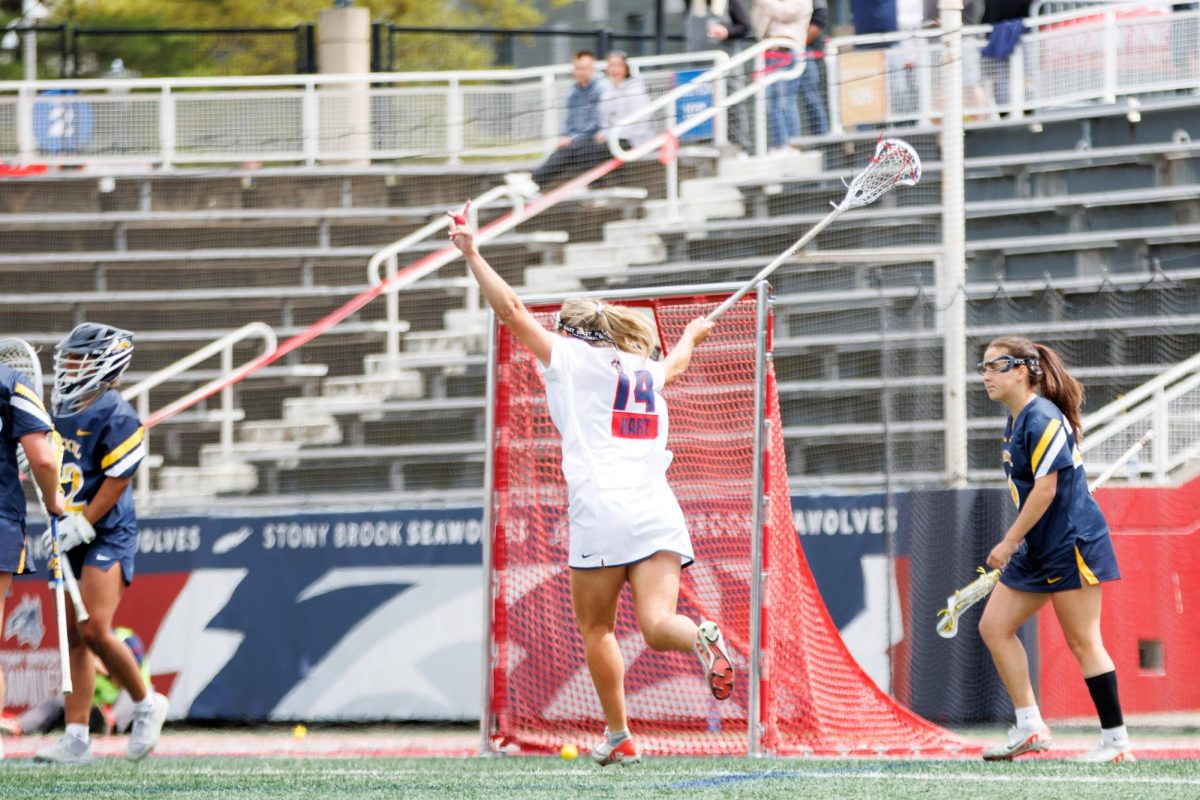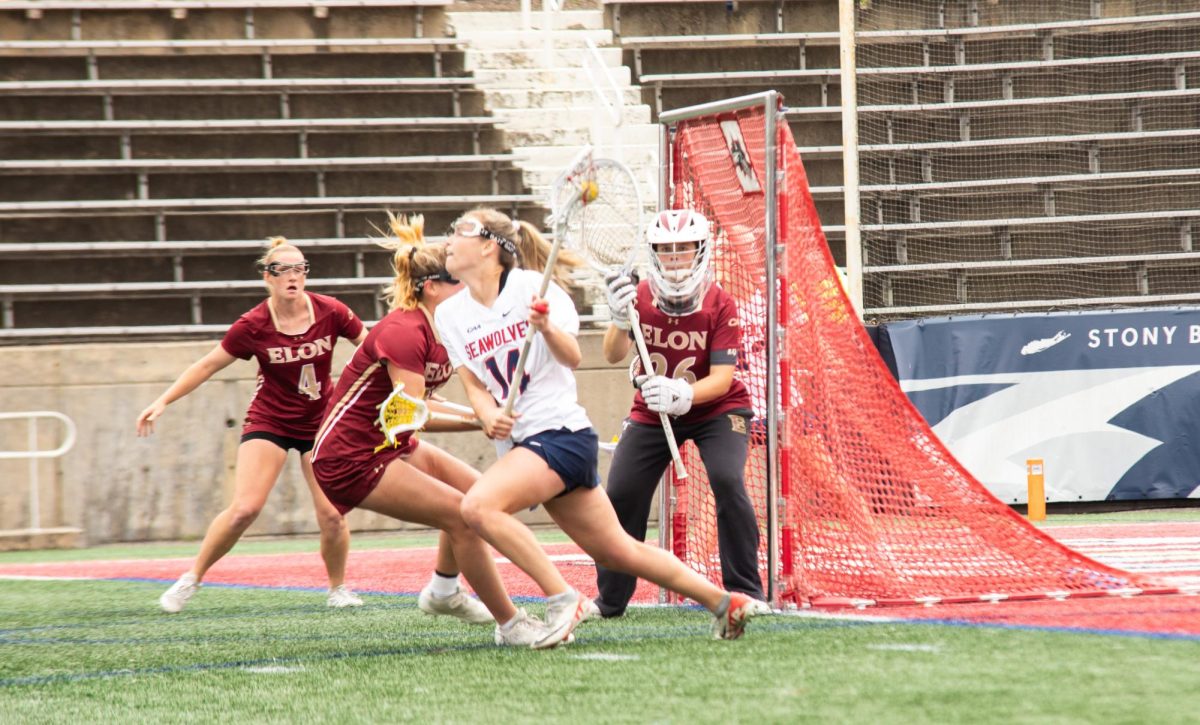This year’s National Survey on Student Engagement just came in with some data the average Stony Brook student might not find so surprising.
The survey, Academically Adrift, named engineering, the physical sciences and biological sciences as the fields demanding the most study, with 42 percent of all engineer undergrads surveyed saying they study well over twenty hours per week, and science majors spending an average of eighteen hours a week.
The only surprising part of these findings is that arts and humanities were labeled the third most study intensive category of majors, tying biological sciences for 17 hours on average spent studying or preparing for class.
When one thinks about these results, it actually does make sense. Arts such as theatre demand hours of stage prep, line memorization, and general practice. Yet, it is highly probable that, for many students, including myself (whose own major falls into the same category) this “class prep” doesn’t appear as serious “studying.”
Already having spent five semesters at this school, my first thought of “studying” is a pale and miserable Asian kid with his nose so deep into a textbook, the spine of the book has conformed to the shape of his furrowed brow. I’ve learned to recognize this sad scene as “dedication” and the sign of an intellectual hard at work.
But as the study shows, this is an unfair interpretation of “hard work.” According to the survey, professors tend to expect one to two additional hours of study than what students actually do. This trend ends however, with engineering, with students fulfilling or exceeding faculty expectations to a T.
Even more interesting, 22 percent of those engineering majors who reported studying over 20 hours a week said they still frequently came to class without having completed all their assignments.
Here, in my opinion, is where the cause behind such miserable students lies. In other fields, students can afford to do what their professors might call “slacking off” and still get their work completed. But for those studying engineering, their professors may be overestimating the abilities of their students. We have all had one or two “slave driving” professors in our academic lifetimes; teachers who achieved greatness early in life, retiring to professor-hood, and absurdly expecting their abilities to simply transfer to their students through what some might call “teaching.” But when an entire field is full of such prestigious (but perhaps naively optimistic) faculty, a standard of overbearing expectations is set.
The next time I see a miserable “studier” hard at work, I will not find myself thinking he is the greater intellectual, nor is he the more studious. No, as this survey showed, many other majors, even those we think little of, are similarly demanding. What I will think is that his is either foolish or brave to be in a field so academically unfair, it puts him in such a state.






